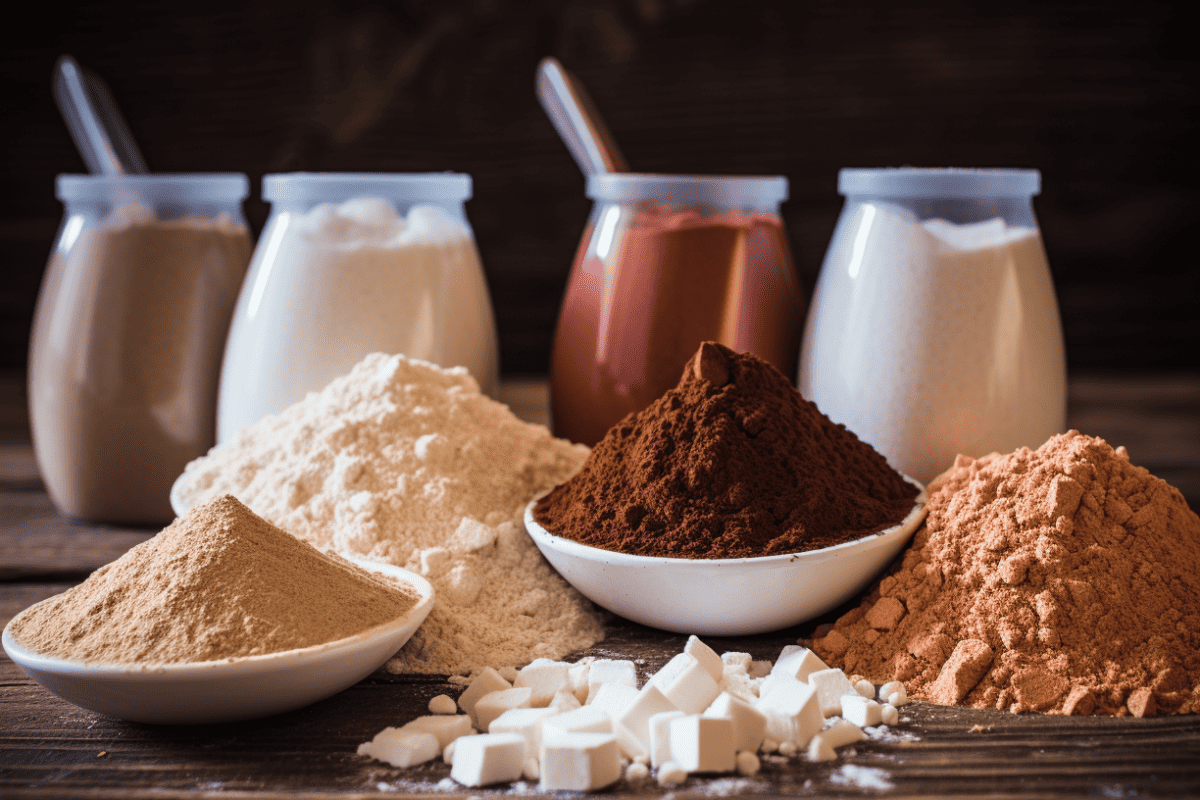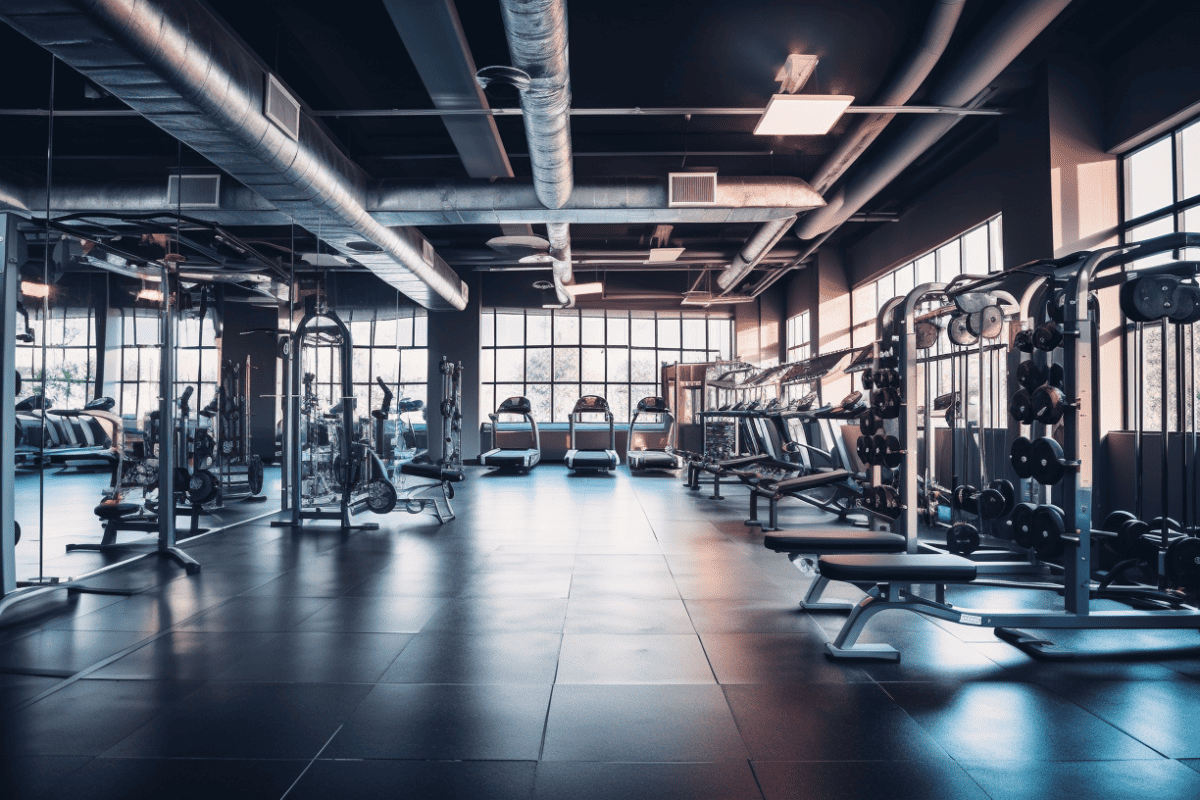Effective muscle recovery is crucial in any fitness routine, playing a key role in enhancing performance and preventing injury. Post-workout, muscles need to repair and rebuild, a process that’s essential for strength and endurance. Enter collagen, a protein that’s gaining recognition for its significant role in supporting muscle recovery. As the most abundant protein in the body, known for maintaining the integrity of connective tissues, collagen offers unique benefits in the post-exercise recovery phase. This article delves into how incorporating collagen into your fitness regimen can aid in muscle repair and overall recovery, making it a valuable supplement for athletes and fitness enthusiasts alike.
What is Collagen?
Collagen is a fundamental protein in the human body, forming a major component of connective tissues found in tendons, ligaments, skin, and muscles. It provides structural support, ensuring strength and elasticity in various body parts. Essentially, collagen acts as a building block, maintaining the integrity and functionality of our skin, bones, and joints.
There are several types of collagen, each with unique functions and sources. The most common types include:
- Type I Collagen: Predominant in skin, bones, and tendons, this type provides structure and strength. It’s primarily sourced from bovine (cow) and marine (fish) collagen.
- Type II Collagen: Found in cartilage, type II collagen is crucial for joint health. It’s typically sourced from chicken and other poultry.
- Type III Collagen: Common in muscles, organs, and arteries, this type supports the structure of muscles, organs, and the vascular system. Bovine collagen is a primary source.
- Other Types: While less abundant, other types of collagen contribute to specific functions, like type IV in the filtration system of kidneys and type V in the surfaces of cells and hair.
Understanding these types and their sources is key for those looking to supplement their diet with collagen, ensuring they choose the right type for their specific health and fitness goals.
Collagen’s Role in Muscle Recovery
Collagen plays a pivotal role in muscle recovery, a process vital for anyone engaged in regular physical activity. Its primary function in this context is to promote the repair and rebuilding of muscle fibers that are stressed or damaged during exercise. Collagen’s amino acids, particularly glycine and proline, are essential for the synthesis of creatine and the natural repair of muscle tissue. This contributes to faster recovery times and reduced soreness after workouts.
Scientific studies bolster the understanding of collagen’s impact on muscle recovery. For instance, research published in the ‘American Journal of Clinical Nutrition’ found that collagen peptides increased muscle mass and strength in men with age-related muscle loss. Another study in the ‘Journal of Science and Medicine in Sport’ observed improved recovery and reduced muscle soreness in athletes who consumed collagen supplements post-exercise.
Experts in sports nutrition and physiology echo these findings, underscoring collagen’s role in enhancing the body’s natural healing processes. By supporting the repair of muscle fibers, collagen not only aids in recovery but also prepares the body for subsequent physical challenges, making it a valuable supplement for athletes and fitness enthusiasts alike.
Benefits of Collagen Post-Workout
Post-workout, collagen supplementation offers several key benefits that enhance recovery and overall athletic performance:
- Reduced Muscle Soreness: Collagen’s anti-inflammatory properties can alleviate muscle soreness after intense exercise, enabling quicker return to training.
- Enhanced Muscle Repair: The amino acids in collagen, particularly glycine and proline, are crucial for rebuilding muscle fibers, facilitating faster muscle repair and growth.
- Improved Joint Health: Regular collagen intake supports joint health by maintaining cartilage integrity, which can be stressed during high-impact activities.
- Increased Flexibility and Mobility: Collagen helps maintain the elasticity of connective tissues, thus improving flexibility and reducing the risk of injury.
- Better Hydration and Skin Elasticity: Collagen contributes to skin hydration and elasticity, which can be beneficial for athletes who are frequently exposed to outdoor conditions.
- Supports Bone Healing: Collagen’s role in bone regeneration and healing is particularly beneficial for athletes recovering from bone-related injuries.
These benefits, backed by scientific research, make collagen a valuable supplement for anyone looking to optimize their post-workout recovery and maintain long-term physical health and performance.
How to Use Collagen for Muscle Recovery
Incorporating collagen into your post-workout routine can be straightforward and effective. Here are some practical tips to maximize its benefits for muscle recovery:
- Timing: The optimal time to consume collagen is immediately after your workout. This ensures that your body gets the necessary amino acids when muscle repair processes are most active.
- Dosage: A typical dose ranges from 10 to 20 grams of collagen peptides per day. However, it’s advisable to start with a lower dose and gradually increase it to assess your body’s response.
- Method of Consumption: Collagen peptides are versatile and can be easily added to various foods and beverages. Mix them into your post-workout smoothie, shake, or even just water. They are generally tasteless and dissolve easily, making them convenient to incorporate into your diet.
- Consistency: Regular consumption is key. To see noticeable benefits in muscle recovery, make collagen supplementation a consistent part of your daily routine.
- Hydration: Stay well-hydrated when taking collagen supplements. Adequate water intake supports the absorption and effectiveness of collagen in the body.
- Balanced Diet: While collagen is beneficial, it should complement a balanced diet rich in proteins, carbohydrates, fats, and micronutrients essential for overall health and recovery.
Remember, individual needs can vary, so it’s important to adjust these guidelines based on personal goals and responses. Consulting with a healthcare professional or a nutritionist can provide personalized advice tailored to your specific fitness regimen.
Collagen-Rich Foods vs. Supplements for Muscle Recovery
When considering collagen for muscle recovery, it’s important to weigh the benefits of collagen-rich foods against supplements:
- Collagen-Rich Foods: Foods like bone broth, chicken skin, fish, and egg whites are natural sources of collagen. They offer the added advantage of providing other nutrients essential for overall health. However, the concentration of collagen in these foods can vary, and the type of collagen may not be specific to your recovery needs.
- Collagen Supplements: Supplements, typically in the form of hydrolyzed collagen or collagen peptides, provide a more concentrated and consistent dose of collagen. They are specifically formulated for optimal absorption, ensuring that the body receives the amino acids necessary for muscle repair. Supplements are also a convenient option for those with dietary restrictions or who may not get sufficient collagen from their diet alone.
In terms of effectiveness for muscle recovery, supplements often have the edge due to their higher and more targeted collagen content. However, incorporating a variety of collagen-rich foods into your diet can complement these supplements and ensure a more holistic approach to nutrition and recovery. As always, individual needs and responses can vary, so it may be beneficial to experiment with both sources to determine what works best for your body and fitness goals.
This post has focused on the integral role of collagen in enhancing post-workout muscle recovery. The key takeaway is that collagen, with its unique properties and benefits, can be a valuable addition to your post-exercise regimen, aiding in faster recovery and improved overall athletic performance. Whether you’re an avid gym-goer or an athlete, considering collagen as part of your fitness plan could be a game-changer in achieving your health and fitness goals.
This is a sponsored post
Digital Health Buzz!
Digital Health Buzz! aims to be the destination of choice when it comes to what’s happening in the digital health world. We are not about news and views, but informative articles and thoughts to apply in your business.


